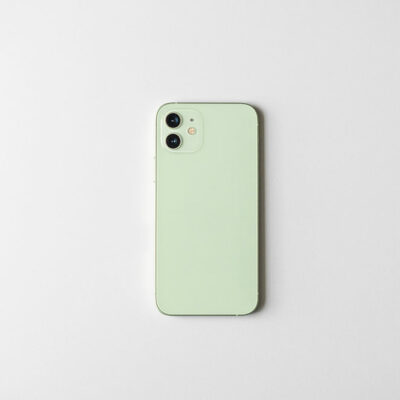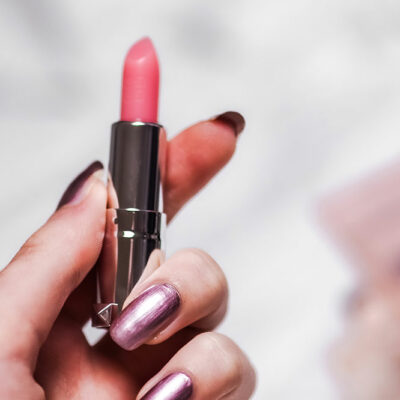
7 Tips to Sleep Peacefully for Hyperhidrosis Patients
Did you know more than 15 million Americans have been diagnosed with hyperhidrosis, a condition that causes excessive sweating? It is an uncomfortable health issue causing discomfort, bad odor, staining of clothes, embarrassment, and anxiety issues. Excessive sweating can cause sleep disturbances, leading to exhaustion and fatigue the next day. Though this is a treatable condition, you should be aware of some tips that can help you sleep better despite the sweat.
1. Make your bedroom comfortable
Air conditioning can go a long way in keeping you cool and directly reducing the quantity of sweat. Additionally, you can have a fan directed towards your bed for better air circulation and to reduce body temperature.
2. Change to sweat-wicking nightclothes
Many brands of sweat-wicking sleepwear are specially made for people suffering from night sweats. These are made with special fabric, specific weaves, and designs to prevent moisture build-up. The skin remains dry, and the nightdress or pajama will no longer cling to your body, allowing undisturbed sleep. You should also choose nightclothes made from natural fiber like cotton and bamboo, and avoid synthetic fabric.
3. Choose the right mattress and bedding
Choose cooling mattresses, preferably latex or mattresses that allow air circulation and have other cooling components like gel beads or mineral infusions to deflect the heat away from the body. Use only cotton sheets and blankets, and always layer your bedding with comforters and blankets. Use gel-based pillows for additional cooling.
4. Avoid strenuous activity before bedtime
If you have hyperhidrosis, avoid strenuous exercise two to three hours before bedtime as it could raise your body temperature. Plan your day so that you complete your exercise in the morning or much ahead of bedtime.
5. Relieve stress before sleep
Spend at least 30 minutes daily in activities like breathing exercises, visualization techniques, art, or music to help you overcome stress. Sleeping without addressing stress can increase sweating. Have a cold or a cool shower before bed to reduce body temperature. This will help you relax and sleep better.
6. Engage home remedies to reduce sweat
Drink a teaspoon of natural vinegar and one teaspoon of apple cider vinegar before every meal. A glass of sage tea, fresh tomato juice, or a handful of grapes can help reduce the amount of sweat produced, helping you sleep better.
7. Stop drinking before bedtime
If you have the habit of drinking after work, you should stop. Blood vessels in the skin get enlarged after a couple of drinks and increase the quantity of sweat. Start reducing the daily quantity of alcohol and ensure that you stop it as quickly as possible.
Invest in products like foam pillows, sweat-wicking sheets, sleepwear, table fans, and cold compresses to help you sleep better.


